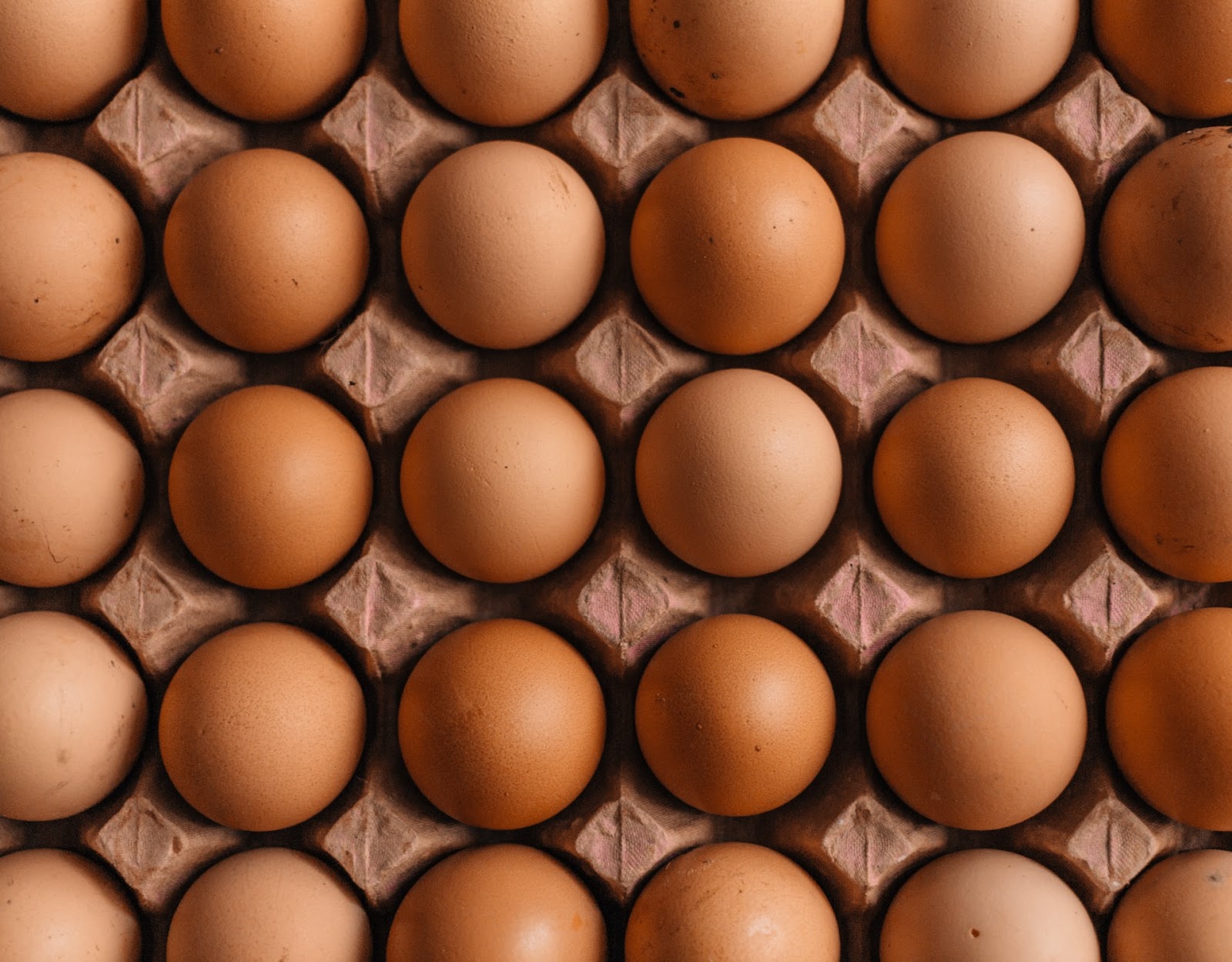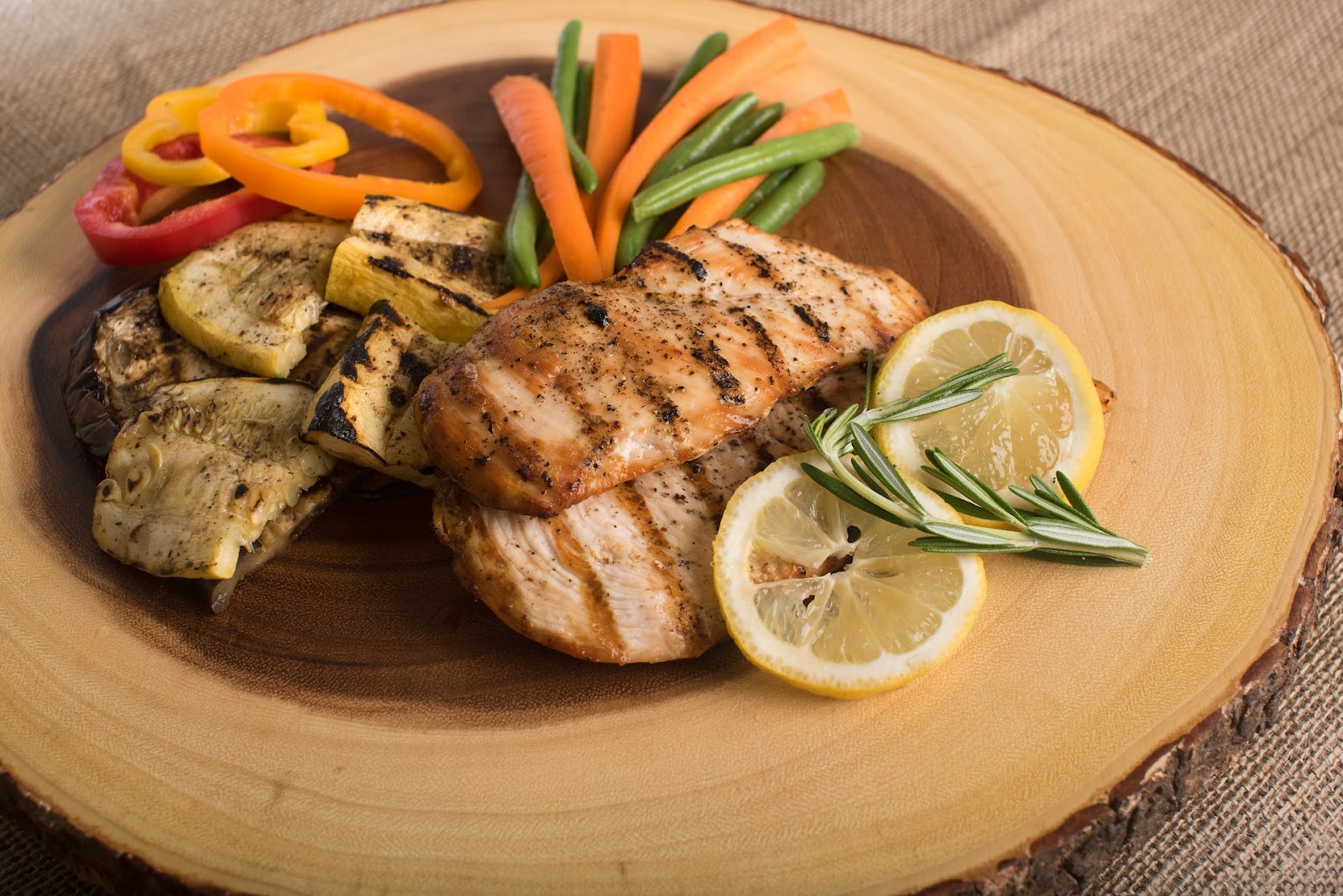How to Take Protein Properly for Results

It’s no secret that many athletes use protein to build muscle. For example, Macro Mike protein – is a protein made from natural products of both animal and vegetable origin. The most popular types of protein can be distinguished:
1. Whey (concentrate, isolate, hydrolyzate, casein)
2. Soy
3. Egg
Whey protein is derived from whey. Currently, the most sought-after protein. Soy is made from soy and is not in demand in bodybuilding. Egg protein is obtained by drying the yolk and protein. Rich in amino acids.
How Does Protein Work
During physical exertion, muscle fibers stretch as much as possible, and microcracks appear. In places where the fibers break, a space is formed, which is eventually filled with protein. The more physical activity you do, the more protein you need to consume. Also, it is necessary to additionally feed the muscles with complex carbohydrates, which will contribute to better muscle growth in the athlete’s body.
How Much Protein Do You Need Per Day to Build Muscle?
The daily protein intake of an ordinary person should be 1 – 1.5 g per 1 kg of body weight. For those who want to build muscle fibers, it is necessary to consume 2-3 g of protein per 1 kg of weight. For example, if the body weight is 80 kg, then the daily norm for an athlete is 160 g per day. It is not recommended to consume a large amount of protein at one time. Stretch your protein intake throughout the day. Approximately 50-60 g of protein is consumed at a time for best absorption. To make it easy to control the portion, protein manufacturers put a special 30g scoop in the jar.

However, the effective absorption of proteins depends on the characteristics of the individual organism and is associated with the production of enzymes during digestion. Therefore, when choosing a protein, you should pay attention to balanced complexes that contain vitamins and digestive elements. This will help you digest the protein faster.
Do not forget about carbohydrates, and their required amount contributes to the formation of glycogen, ATP synthesis, and a decrease in the process of catabolism. For full muscle growth, it is recommended to use both carbohydrates and protein.
How to Take Protein?
Bodybuilding experts recommend taking protein throughout the day. The morning intake of protein helps to replenish the energy reserves consumed by the body during sleep from internal reserves, and thus, the process of muscle mass catabolism is prevented. A “fast” whey protein is best. During the day, an additional protein intake between main meals is needed to maintain a constant level of amino acids. This is especially important when gaining mass. Taking protein before bed prevents catabolism and ensures the supply of amino acids at night.
Before using the protein, it is recommended to purchase a special shaker that quickly and completely mixes the protein with water or milk; for a volume of 300-400 ml, about 70-150 g of protein is mixed. The finished cocktail should be consumed within 1-2 hours. The product should be stirred until a homogeneous mass, lumps, and sediment should be avoided.

Protein can also be taken with juice, and this is a matter of taste. The main thing is that the taste of juice and protein match. In cases where there is a negative reaction to lactose, it is necessary to choose a protein with the lowest lactose content and also to exclude milk.
Protein Before and After a Workout
It is recommended to take 30g of whey protein a few hours before training. Half an hour before training, you can take the essential amino acids BCAA. The intake of protein and amino acids provides the body with additional substances for physical activity. It’s no secret that in the absence of the right amount of protein and carbohydrates, the effectiveness of training falls.
For rapid muscle growth, it is necessary to consume protein after training. During exercise, the supply of nutrients is depleted, and the level of amino acids drops. Therefore, taking protein after a workout will help replenish the number of amino acids in the blood. Reception of carbohydrates will help the speedy restoration of glycogen.
The intake of sports nutrition after a workout is associated with such a concept as a “protein-carbohydrate window,” which is formed within 30 minutes after prolonged physical activity. It is during this period of time that the body requires the maximum amount of protein and carbohydrates. A fully “closed” protein-carbohydrate window is the key to rapid muscle growth.

